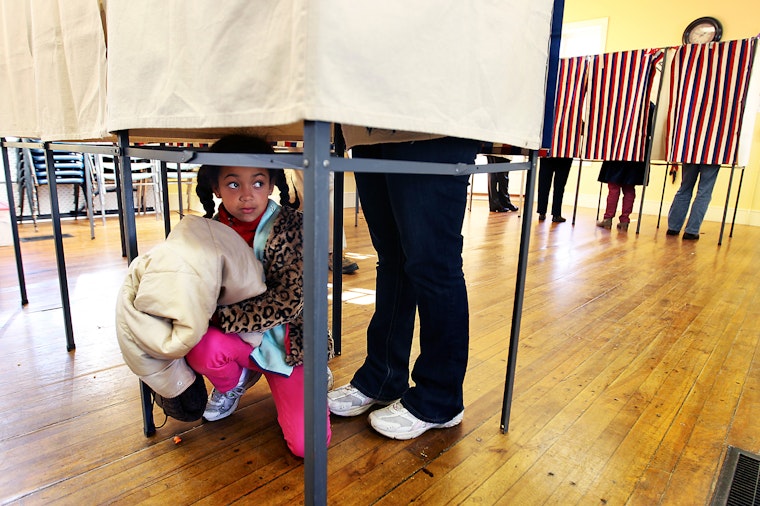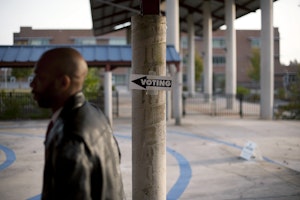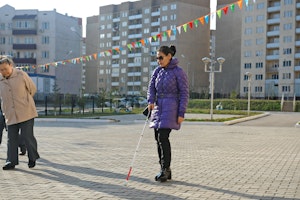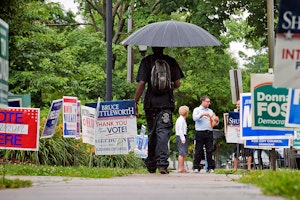Who Counts? All of Us, Says the Supreme Court
By Erica Teasley Linnick

It has long been considered a core principle of American democracy. But the “one person, one vote” doctrine, which requires states to count all residents when drawing election maps, has come under increasing attack in recent years.
Voting rights advocates and others concerned about the political participation of marginalized communities were surprised when the U.S. Supreme Court decided last year to give the principle a fresh hearing in Evenwel v. Abbott, in which the plaintiffs asked the justices to rule that states should count only voters in redrawing legislative district lines. The case carried enormous implications for children, noncitizens, people with felony convictions, the mentally ill, and others who faced the possibility of literally being erased from the map.
On April 4, the court, in a unanimous 8–0 decision, ruled that “representatives serve all residents, not just those eligible to vote.” Justice Ginsburg, writing for the court, made it abundantly clear that our system of government is based on “we the people,” not “we the voter.” This decision was “a major win for the millions of people who would have been rendered invisible during legislative redistricting, making them virtually unrepresented in our democracy,” as Sherrilyn Ifill, president and director-counsel of the NAACP Legal Defense and Educational Fund put it.
Instead, the court said everyone counts. Everyone deserves representation. Everyone, regardless of their voting status, is affected by the decisions made by legislators, so everyone should count when the contours of their districts are being determined.
The ruling, reflecting an unusually strong consensus in an era when the court has been closely divided on many major issues, honored precedent and practice, as states have long used total population as the benchmark for drawing district lines. But it also reflected public attitudes. Research done in advance of the decision reflected public concern about the plaintiffs’ attempts to change well-settled constitutional principles, about the prospect of children not having representation, and about the decision’s potential impact on public resources, such as schools.
The Open Society Foundations were pleased to work with such groups like the Mexican American Legal Defense Fund and the Leadership Conference on Civil and Human Rights, which helped raise awareness of these concerns through op-eds and legal briefs.
In its ruling, the court made clear that it could not see a viable alternative to the present system. States and localities do not currently possess accurate data to identify voters only. Thus, drawing maps based on the electorate rather than the population would be difficult as a practical matter, not to mention as a matter of law.
But that doesn’t mean that states and local jurisdictions won’t stop trying to change the “one person, one vote” standard. Advocates are keeping a watchful eye out for new attacks on the principle. And Open Society grantees who work on voting rights will remain vigilant in litigating against any fresh challenges, using the Evenwel decision to continue safeguarding the rights of those the plaintiffs sought to disenfranchise. Everyone counts.
Until April 2022, Erica Teasley Linnick was an acting division director of Open Society-U.S.


